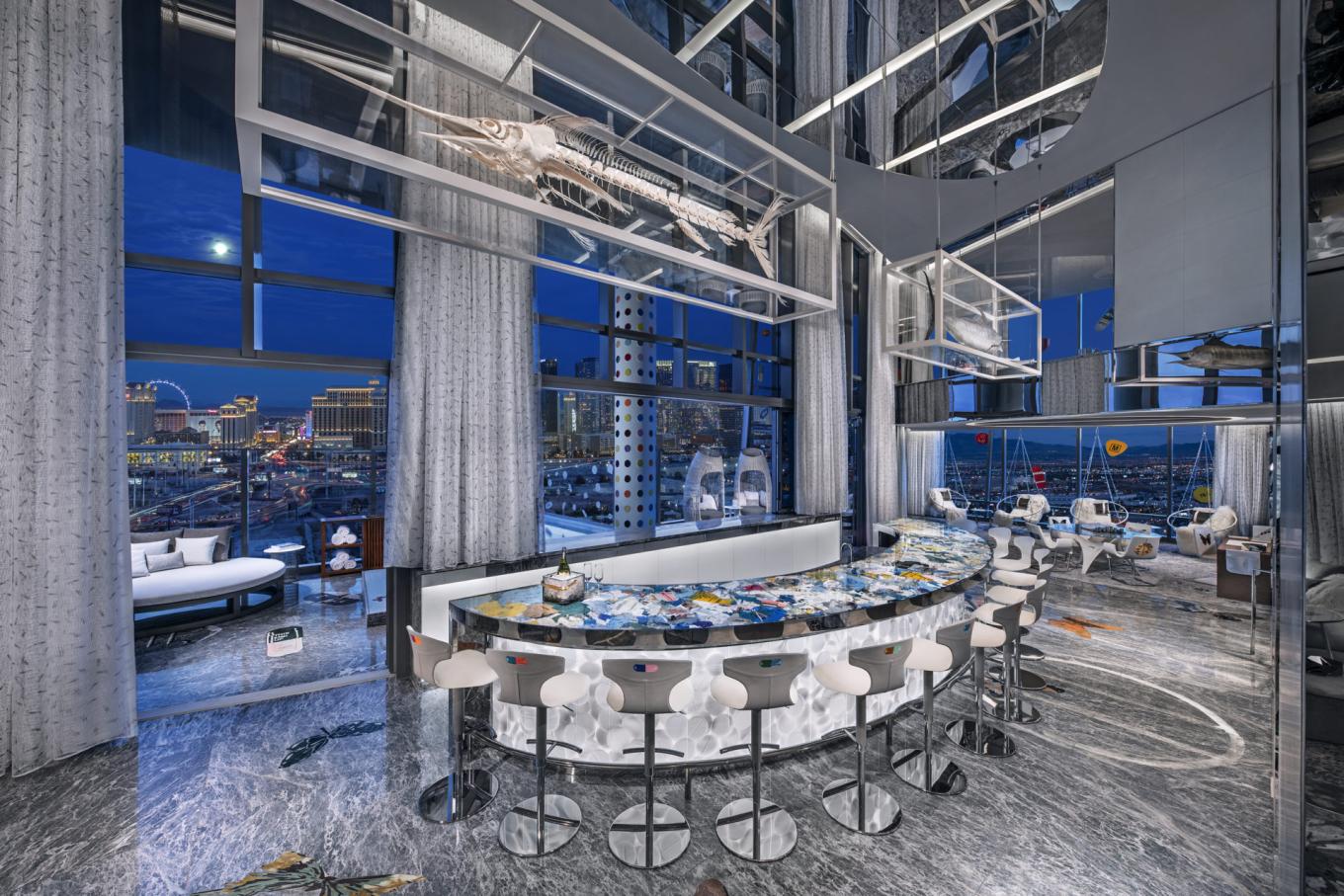In today’s fast-moving real estate market, hospitality is emerging as the go-to investment category for those with an eye for opportunity. As we see economic trends shifting, interest rates climbing, and consumers redefining what they want from travel, hospitality is showing its resilience. Unlike office or retail spaces, hospitality offers something different—a flexibility and dynamism that stands out in these volatile times. Below, I’ll dive into the factors making hospitality real estate an exciting space for smart investors and explain why this sector offers such compelling opportunities.
Understanding the Market Shift and Hospitality’s Unique Appeal
Across Europe, real estate sectors that once attracted major capital—logistics, data centers, and commercial spaces are cooling off. Many were heavily leveraged, with low-interest loans that can’t be sustained in today’s environment. Hospitality, meanwhile, is carving out its path. Yes, it was hit hard by the pandemic, but that’s created room for a market reset. For those of us looking to step in, we’re seeing much more reasonable entry prices, particularly in secondary markets and in special situations.
Beyond price corrections, there’s a unique seller profile emerging. Many family-owned hotels are facing post-pandemic CAPEX needs and are finding that banks are reluctant to fund these capital demands. This has become a “buyer’s market,” rich with underperforming but fundamentally sound assets ready for new ownership and fresh vision. This isn’t just about owning a property—it’s about recognizing the potential for transformation at the right time.
Seizing Strategic Acquisitions and the Power of a Good Turnaround
For investors who are willing to put in the work, hospitality offers more than just discounted prices. Many properties on the market right now are profitable but lacking modern management, digital marketing strategies, and operational efficiencies that could truly elevate them. This opens the door for savvy investors to buy in at favorable prices and bring these properties up to today’s standards.
This isn’t just theory; it’s about driving real, immediate returns. Right now, there’s room to generate double-digit yields by purchasing, modernizing, and professionally managing these assets. From enhancing online presence to streamlining operational costs, these updates make a visible difference in both guest experience and revenue. Many of these hotels have the history and charm but need a fresh approach to tap into today’s market demands.
Consumer Demand and the Pricing Power Edge in Hospitality
One of the biggest advantages hospitality has right now is its pricing flexibility. Unlike other real estate segments where pricing is locked in, hotels can adjust rates daily to respond to market demand, acting as a real hedge against inflation. And, let’s be clear—consumer demand is back, especially in the luxury segment. High-end travelers, eager for quality experiences, are willing to pay more, which is why we’re seeing strong growth in revenue per available room (RevPAR) in Europe’s key markets.
The bigger picture is even brighter. We’re in the midst of a shift toward the “experience economy,” where people are seeking unique, meaningful experiences rather than just a place to stay. Lifestyle and boutique hotels are capturing this market, and it’s largely driven by millennials and Gen Z travelers who prioritize authenticity and connection. This new demand presents opportunities for properties that can deliver something personal and unforgettable.
Institutional Investment Meets Boutique Opportunity
It’s no secret that the big players are eyeing hospitality. Blackstone’s $30 billion real estate fund has earmarked a large portion for this sector, with other investment firms following suit. Lifestyle and boutique hospitality are attracting significant capital as investors see the long-term growth potential in this market.
Yet, while institutional investors are largely focused on major acquisitions, mid-sized and boutique properties remain under the radar. This is where independent investors can make their move, leveraging smaller networks and niche expertise to secure off-market deals. For those with the right connections and insight, boutique hotels offer the chance to invest in highly desirable assets that can often be acquired faster and without the bidding wars that larger deals entail.
FAQ
Q: Why is hospitality real estate a better investment now than other real estate sectors?
Unlike sectors with fixed rents, hospitality benefits from flexible pricing, allowing hotel owners to adjust room rates daily based on demand. This makes it a natural inflation hedge. Additionally, the post-pandemic recovery has created a “buyer’s market” for hospitality assets, especially in underperforming or family-owned properties ripe for turnaround.
Q: What types of hotels are most attractive for investment?
Boutique and lifestyle hotels are seeing strong demand, especially those that cater to the growing “experience economy.” Mid-sized properties in secondary European markets often offer favorable prices and can deliver high returns with a strategic turnaround plan.
Q: How do rising interest rates affect hospitality real estate?
Rising interest rates have cooled certain over-leveraged real estate segments, but in hospitality, it has led to lower acquisition prices. For investors able to secure financing or with available capital, this creates an opportunity to buy in at a discount and modernize assets to maximize returns.
Q: What is the long-term outlook for hospitality investments?
The luxury and experiential travel segments are expected to continue growing. Millennials and Gen Z travelers are prioritizing unique and authentic travel experiences, which is driving demand for boutique and lifestyle hotels. As this trend continues, hospitality real estate, especially in prime locations, will likely remain a strong market performer.
Q: What are the risks involved in investing in hospitality real estate?
s with any investment, there are risks, including economic downturns, shifts in consumer behavior, and the potential need for capital improvements. However, hospitality’s flexible pricing model and ability to drive operational improvements helps mitigate these risks, especially when targeting properties with turnaround potential.
Read more about Emerging Trends in Hotel Investments: Key Opportunities for 2024




